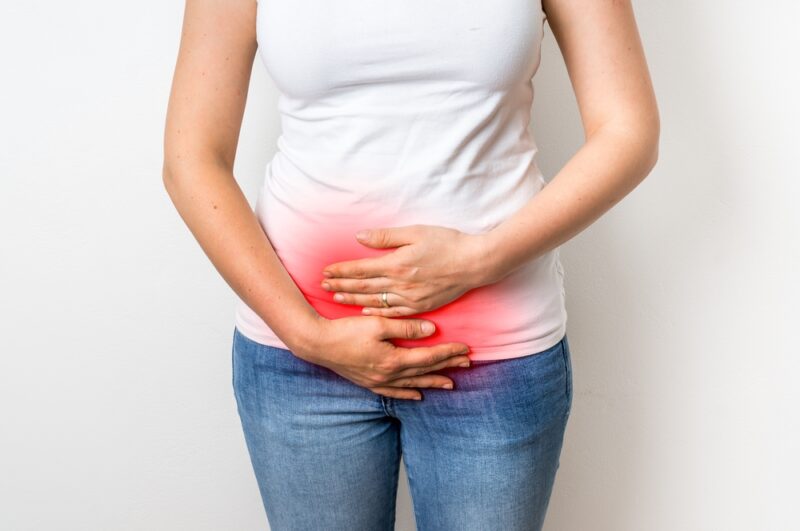The medical word for a woman’s lack of menstrual cycles would be amenorrhea. Amenorrhea comes in two forms. Primary amenorrhea occurs when your menstruation arrives later than usual for the first time. The typical age demographic is between 14 and 16. Secondary amenorrhea occurs when you skip a period for three consecutive months or more.
Amenorrhea Signs and Symptoms
Amenorrhea often happens to a woman while she is nursing or pregnant. Women who take specific birth control methods or who have started the years leading up to menopause, known as perimenopause, could also endure months without a monthly cycle. The lack of monthly menstruation is the primary sign of amenorrhea. It frequently denotes a more severe illness or condition. These symptoms may also be present:
- Headache
- Vision morphs
- Nausea
- Additional facial hair
- Hair fall
- Alterations in breast size
- Milky discharge from the breasts
Amenorrhea is a symptom of the body’s hormonal system in women. This could result in certain habits, including engaging in excessive exercise, struggling with an unhealthy lifestyle, or being under a lot of stress.


Treatment
Treatment differs based on the cause since many disorders might cause your missed periods. This includes prescription drugs, behavioral modifications, and occasionally surgery. But, again, the reason will determine the course of treatment.
Primary Amenorrhea
Considering the patient’s age and the results of the ovarian function test, cautious waiting may be the first course of action for treating primary amenorrhea. However, periods may begin on time if there is a common manifestation of late menstruation.
Surgery could be required if there are hereditary or physical issues with the sexual organs. However, this does not ensure that regular menstrual periods will take place.
Secondary Amenorrhea
It is depending on the fundamental reason behind the problem.
Factors Related To the Single Pattern: If they have been exercising excessively, changing their diet or exercise routine may assist in regulating their monthly cycle. Counseling may be beneficial if underlying psychological stress is an issue.
Substantial Weight Loss: There are a variety of causes for this. The person could require a weight-gain program under medical supervision. Treatment for an eating problem may involve a weight-gain regimen, psychosocial interventions with a psychiatrist, and nutritional or dietician visits.
Weight loss might result from several medical issues. A doctor may perform the necessary tests and provide the proper treatments.
Underactive Thyroid: If an autoimmune condition causes menstruation to halt, the doctor may recommend therapy with the thyroid hormone thyroxine.
PCOS: The physician will recommend the most suitable course of action. They could advise a weight-loss plan if PCOS has caused weight gain. Estrogen replacement treatment (HRT) may bring back menstruation in cases of premature ovarian failure.
Menopause: Menopause typically begins at the age of 50. However, it can occasionally start as early as 40. In addition, family history may have an impact.
Osteoporosis risk is increased if menopause occurs earlier. To avoid this issue, the person sometimes needs medical attention.
Conclusion
Many factors might cause menstruation to cease. It does not imply that a woman is impotent and will never be able to conceive. The person should seek medical assistance if irregular periods disappear for at least six months or if regular menstrual stops for three months or longer. There is frequent therapy available.

